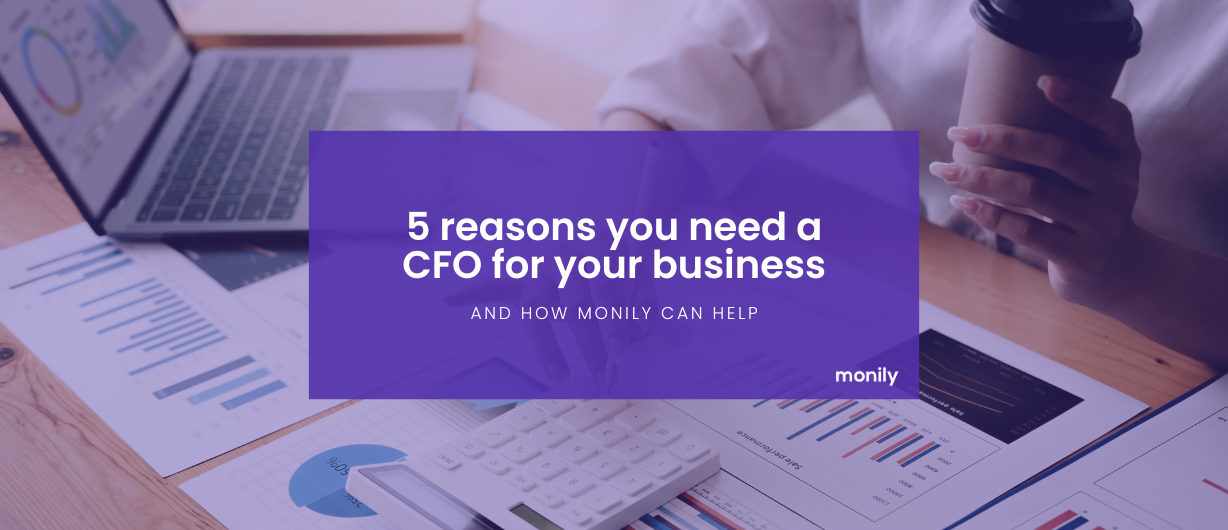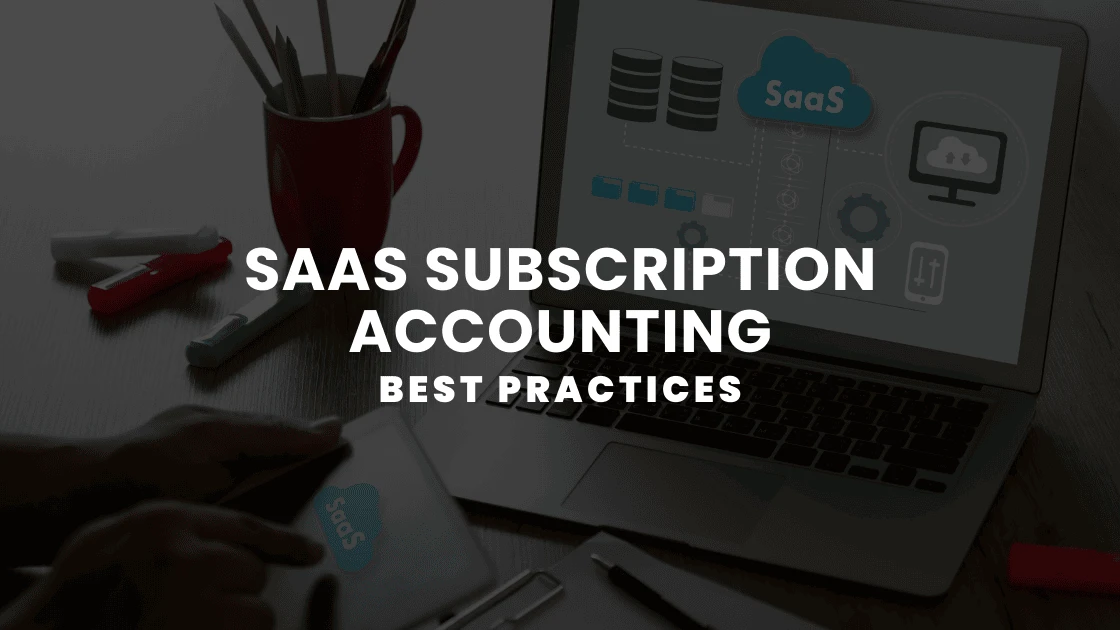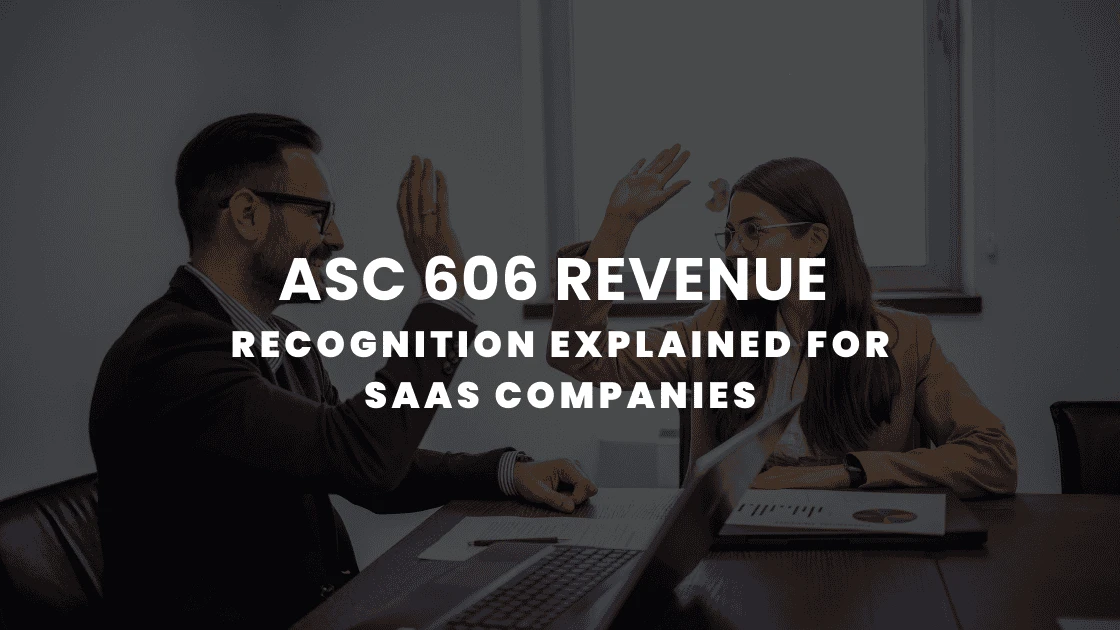April 4 2024 | By Wajiha Danish | 4 minutes Read

Do I need a CFO? What does a CFO do? Should I hire a CFO? Questions like these are common among startup owners and entrepreneurs who know how to start a business but don’t know how to make it a success. The majority believe the best way forward is DIY – Do It Yourself. In reality, running a business is not a one-man show and often becomes an ordeal if you can’t resist the urge to do everything yourself.
As a business owner, the best thing you can do is delegate. There is someone for every job, and it is pivotal to find people who really know their way around numbers. The Janes and Joes who ensure your business doesn’t go belly up; the CFOs, controllers, accountants, and bookkeepers.
Cheif Financial Officer is the professional who acts as your financial consultant, tasked to save you from heading into a financial debacle. They spend days and nights studying your numbers and taking corrective measures to keep your books balanced. However, there’s more. A CFO also gives you the financial clarity to move forward and make winning decisions.
Acting as your trusted advisor, wise man, a CFO helps you generate more business, reach financial goals, and stay relevant. That said, it is time to share five reasons why you need to hire a CFO:
S corporation, C corporation, LLC, sole proprietorship, or partnership – which entity would be the best for me? It is a question you ask a CFO. To answer it, they assess your business goals and the vision to tell which entity to choose and why to do so.
Unlike popular beliefs, LLC or sole proprietorship isn’t always the best pick – one size fits all rarely work in the business world. In reality, the best varies from business to business, and it is vital to take the first step in the right direction to ensure you don’t end up on a failure track.
Choosing the right business entity makes or breaks your chances of success, and a CFO helps you do so. However, their job isn’t just that. They also help you select the best accounting app that fits your purpose and budget. Xero or QuickBooks Online, a CFO tells you which software would be ideal for your company.
In simple words, they help you map out and perfect the complete accounting process, from invoicing and billing to bookkeeping and financial reporting. Without a CFO, your odds of picking the right accounting software are pretty slim, and without the right software, business finances stay a mess.
Many business owners know little about their tax obligations. The majority stay oblivious till the government letter or penalty notice shows up at their door. By then, it is often too late, and you must pay up to stay compliant. However, that shouldn’t happen and wouldn’t happen if you have a dedicated CFO who keeps you updated about your tax obligations.
Their job is not just to tell when are taxes due but also to ensure you are prepared to face the dreaded tax day. In addition, they help you capitalize on credit opportunities and utilize eligible deductions to maximize returns. A dedicated CFO is just like having your dedicated tax consultant, a pro who knows the dos and don’ts of taxes and ensures you stay tax-ready.
A CFO plays an integral role in retirement planning, similar to a financial advisor. As one, they help you set retirement goals and then devise a strategy to attain them.
One aspect that retirees often overlook is the tax side of retirement. To save yourself from making a mistake, you need to have an open dialogue with your CFO and financial advisor to ensure that taxes don’t ruin your retirement. Nobody wants to get a few years into retirement and suddenly realize they just can’t stay retired.
Besides your experience, intelligence, and gut instincts, you also need to understand your financial data to make winning decisions. Your CFO can help you analyze your business financials to get an accurate picture of where you stand, where you ought to go, and how to get there.
So, now you know what a CFO can do for your startup. It is time to get one. Though experienced CFOs may come at a cost, you can hire a virtual one who does everything an in-house CFO does at a fraction of the cost.
Subscribe for business tips, tax updates, financial fundamentals and more.
MORE BLOGS

Running a SaaS business can look simple from the outside. Customers sign up, pay monthly or yearly, and keep using the product. Quite straightforward, right? Behind […]
Learn More →
Revenue is the heartbeat of any SaaS business. But how and when that revenue shows up on your books can change everything, from investor confidence to […]
Learn More →
If you’re a small business, we will absolutely get it if you say you’re having a hard time choosing a payment platform for your company. And […]
Learn More →